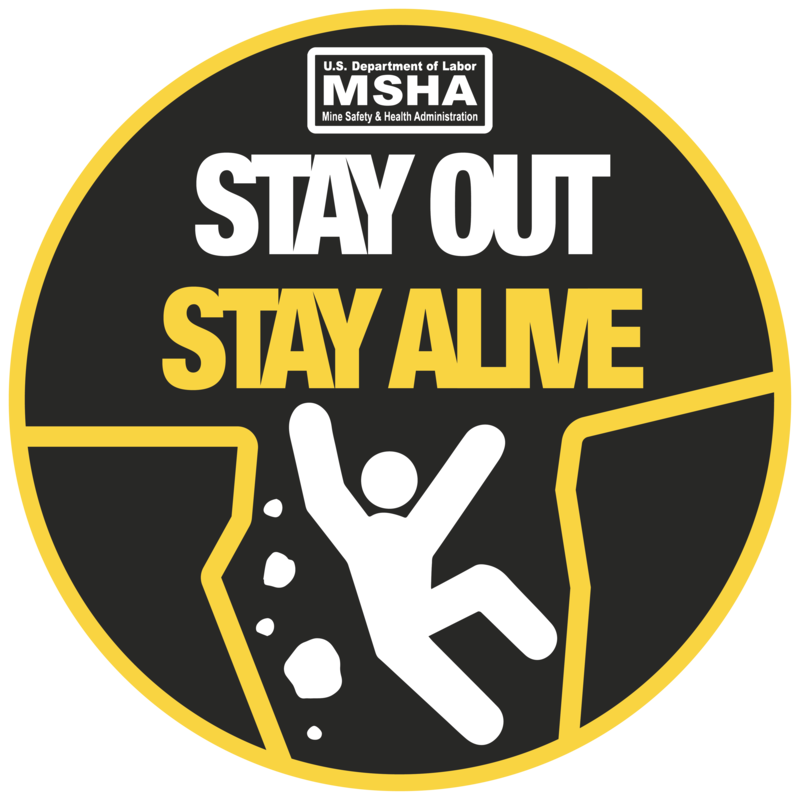|
|
|
|
 |

394 Kb |
How to Prevent Hypothermia
Hypothermia is when the core body temperature drops to a level where normal brain and muscle function is impaired – usually at or below 35°C.
|
 |

2.5 Mb |
Hypothermia, Drowning and Cold-Water Survival
If you can’t get out in 5-15 minutes, you might not get out on your own power!
|
 |

3.8 Mb |
Frostbite and Hypothermia
If you can’t get out in 5-15 minutes, you might not get out on your own power!
|
 |

4.3 Mb |
Extreme Cold
Exposure to cold temperatures, whether indoors or outside, can cause other serious or life-threatening health problems. Infants and the elderly are particularly at risk, but anyone can be affected.
|
 |

568 Kb |
Accidental Hypothermia
Accidental hypothermia (i.e., an involuntary drop in core body temperature to <35°C [95°F]) is a condition associated with significant morbidity and mortality. Each year, approximately 1500 patients in the United States have hypothermia noted on their death certificate; however, the incidence of primary and secondary hypothermia and the associated morbidity and mortality remain unknown.
|
 |

10 Kb |
Frostbite and Hypothermia
Frostbite and hypothermia are cold-related emergencies that may quickly become life or limb threatening. Preventing cold-related emergencies includes not starting an activity in, on, or around cold water unless you know you can get help quickly in an emergency.
|
 |

113 Kb |
Getting Ready for Winter Weather Work
Here are some reminders about dressing for the weather and staying strong, healthy, and safe this winter.
|
 |
 |
Healthcare and Wellness Video Resources
 Browse these additional heathcare and wellness related categories for more Video resources. Browse these additional heathcare and wellness related categories for more Video resources.
|
|
|
|
|


 Browse these additional heathcare and wellness related categories for more PowerPoint resources.
Browse these additional heathcare and wellness related categories for more PowerPoint resources.

 Browse these additional heathcare and wellness related categories for more Adobe PDF resources.
Browse these additional heathcare and wellness related categories for more Adobe PDF resources.

 Browse these additional heathcare and wellness related categories for more Video resources.
Browse these additional heathcare and wellness related categories for more Video resources.

